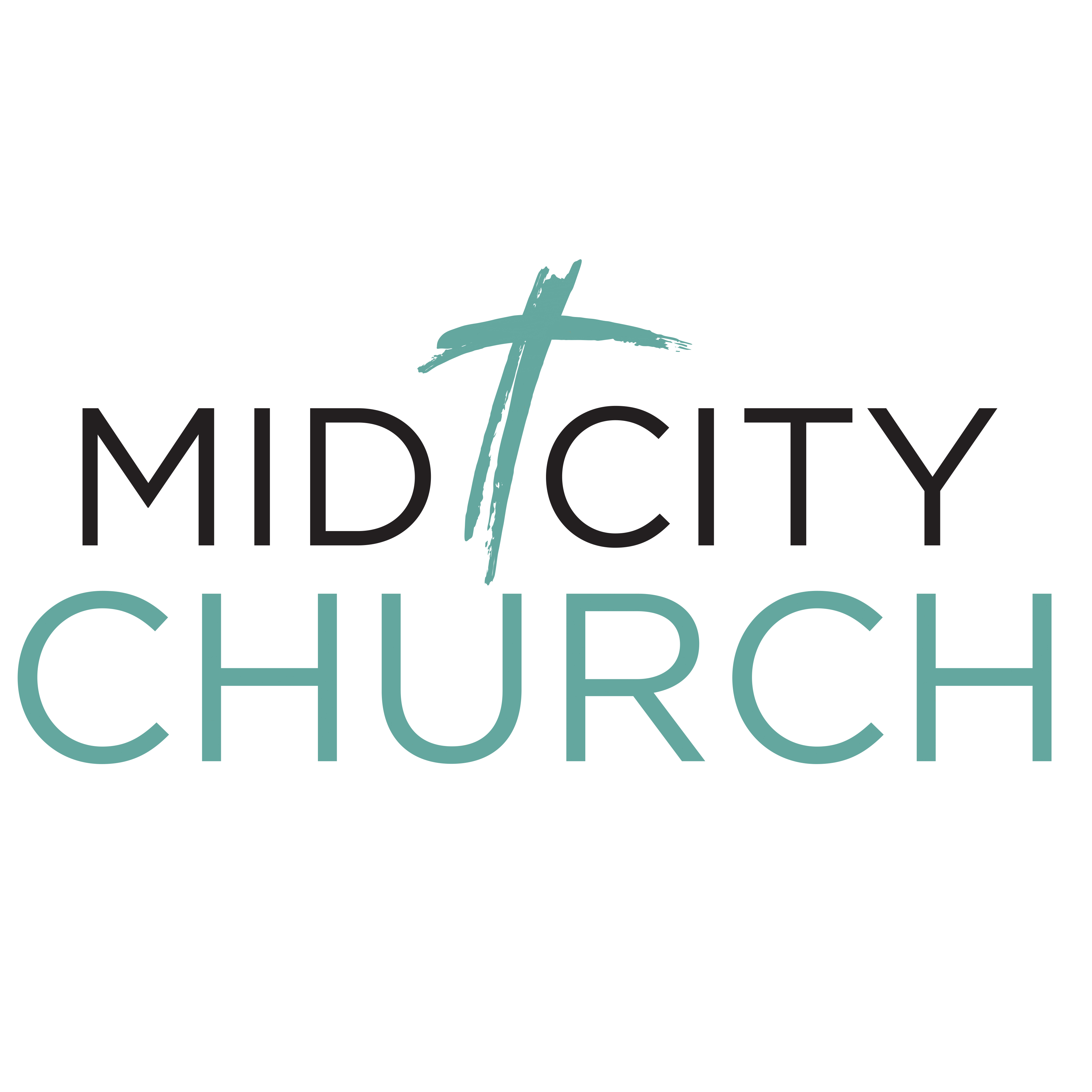My family has a bad tendency of not talking to each other when we are upset at each other. There have been times when we haven’t talked to each other for months and when we stop to wonder why, we realize that we don’t even remember why we were upset at each other in the first place.
I remember my senior year of high school my dad and I got into a huge disagreement. To be honest, I don’t remember what the disagreement was about, who started it or why it even happened. All I remember is that my dad and I did not talk to each other for about four months.
It is important to note that my dad works at the high school I went to, so not only did we not talk at home, we also didn’t talk at school, we didn’t talk on our drive to and from home, and we didn’t talk on any school trips. We were so angry at each other that we basically just ignored each other.
After a while, I started missing my dad. I wanted him to acknowledge me, to talk to me, to forgive me. But the longer this disagreement went on, the less I knew what to ask forgiveness for since I had forgotten why we were mad in the first place. All I knew was that I missed my friendship with my dad and I didn’t know how to fix it.
When I remember that experience, I can’t help but think of two brothers in the bible: Jacob and Esau.
The whole argument revolved around the fact that Jacob stole his older brother Esau’s blessing. This was a huge deal in biblical times. The oldest son always got the largest piece of the inheritance, would be the family patriarch after the father passed away and was entrusted with the family possessions and needs. This was something that the eldest sons did not take lightly.
But in Genesis 27, Jacob’s mom Rebekah tells Jacob this: I just heard your father saying to your brother Esau, ‘Bring me some game and make me some delicious food so I can eat, and I will bless you in the Lord’s presence before I die.’ Now, my son, listen to me, do what I’m telling you to do. Go to the flock and get me two healthy young goats so I can prepare them as the delicious food your father loves. You can bring it to your father, he will eat, and then he will bless you before he dies.” Because Rebekah loved Jacob more, she helped him trick his father so that he could steal his older brothers blessing.
A little later in the story, Esau finds out that his brother stole his blessing. He becomes so furious that Esau says to himself: When the period of mourning for the death of my father is over, I will kill my brother. This causes Jacob to pack his stuff and run away from home in order to avoid his brothers wrath.
For a long time, these two lived apart from each other. Both started families, both acquired property, both moved on with their lives, but they still did not make amends. But later in the story, Jacob begins to make his way back to his brother’s house to ask for forgiveness. And the encounter is absolutely beautiful.
In Genesis 33, as Jacob approached his Brother Esau, he began to offer gifts to his brother, he began to introduce his family and servants and eventually his wife. But this was not an easy encounter. Jacob was ready for his brother to retaliate. He was positive that his brother would kill him right then and there but instead Esau looked at his brother and said, “what’s the meaning of this? I already have plenty.”
In that moment, they reconciled, they helped each other, and they moved past their differences. But did you notice how scared Jacob was to ask for forgiveness? He was convinced that his brother still had a grudge against him; so he almost doesn’t ask for forgiveness out of fear. In his mind, his brother had a posture of no-forgiveness and he was afraid to seek forgiveness.
As I read this story I can’t help but wonder if there are people out there who want to ask me for forgiveness but are afraid to ask me for it because of the posture of no-forgiveness that I give off. Are there places in my life where my attitude, my ego or even my pride make people feel unwelcomed to approach me? Are there places in my life where I can let my walls down so that others feel like I am willing to offer forgiveness?
Let me ask it this way: are there places in your life where someone may see you as an Esau? Is there a place in your life where someone may want to reach out to you and ask for forgiveness but they are afraid of how you might respond? If so, maybe it’s time for you to bring your walls down, and have a more inviting posture where people feel comfortable coming to you to ask for forgiveness.
I need to be challenged by this. Maybe you do too.
Together on the journey,
Pastor Fernie


Comments are closed